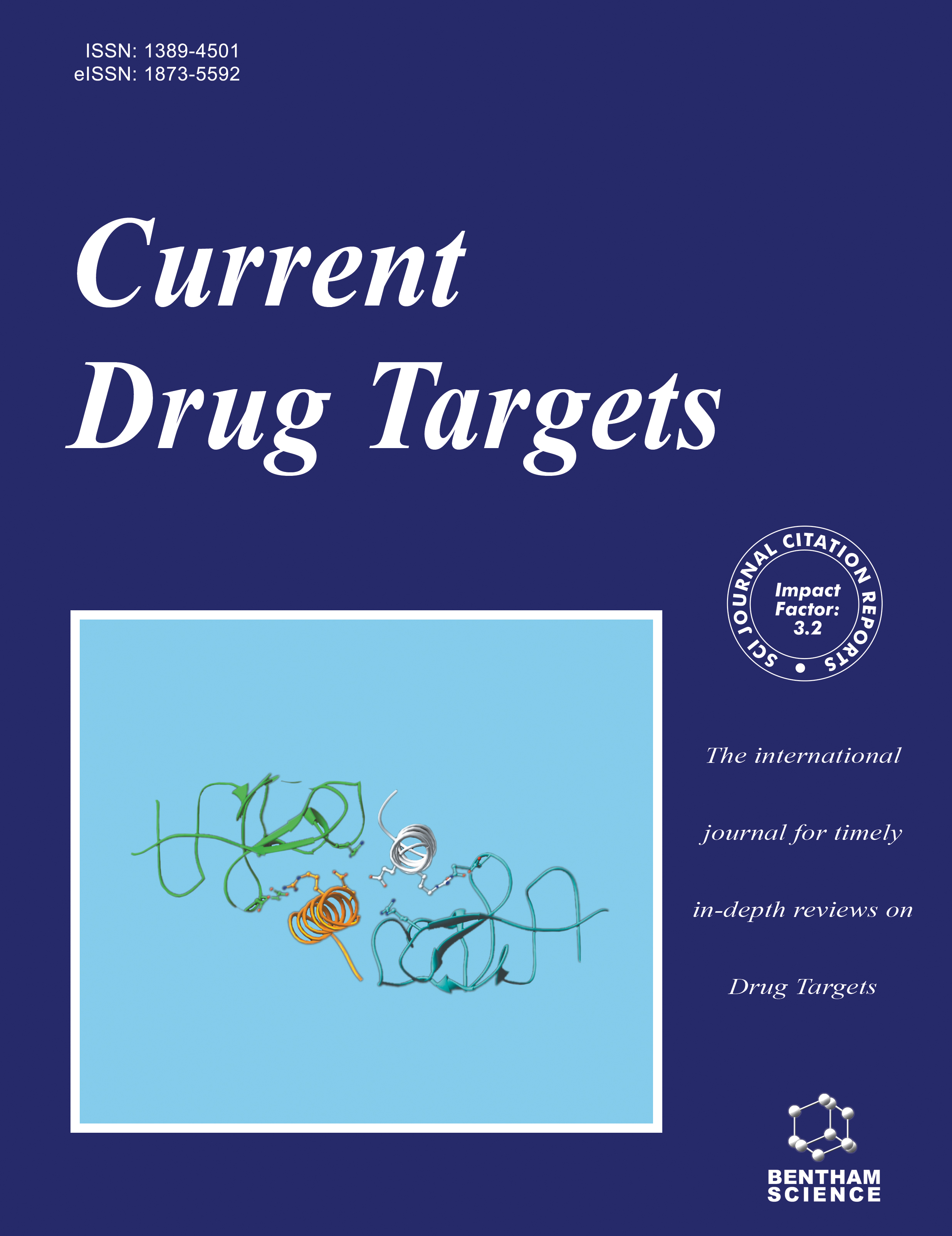-
s Molecular Mechanisms and Treatment of Radiation-Induced Lung Fibrosis
- Source: Current Drug Targets, Volume 14, Issue 11, Oct 2013, p. 1347 - 1356
-
- 01 Oct 2013
Abstract
Radiation-induced lung fibrosis (RILF) is a severe side effect of radiotherapy in lung cancer patients that presents as a progressive pulmonary injury combined with chronic inflammation and exaggerated organ repair. RILF is a major barrier to improving the cure rate and well-being of lung cancer patients because it limits the radiation dose that is required to effectively kill tumor cells and diminishes normal lung function. Although the exact mechanism is unclear, accumulating evidence suggests that various cells, cytokines and regulatory molecules are involved in the tissue reorganization and immune response modulation that occur in RILF. In this review, we will summarize the general symptoms, diagnostics, and current understanding of the cells and molecular factors that are linked to the signaling networks implicated in RILF. Potential approaches for the treatment of RILF will also be discussed. Elucidating the key molecular mediators that initiate and control the extent of RILF in response to therapeutic radiation may reveal additional targets for RILF treatment to significantly improve the efficacy of radiotherapy for lung cancer patients.


